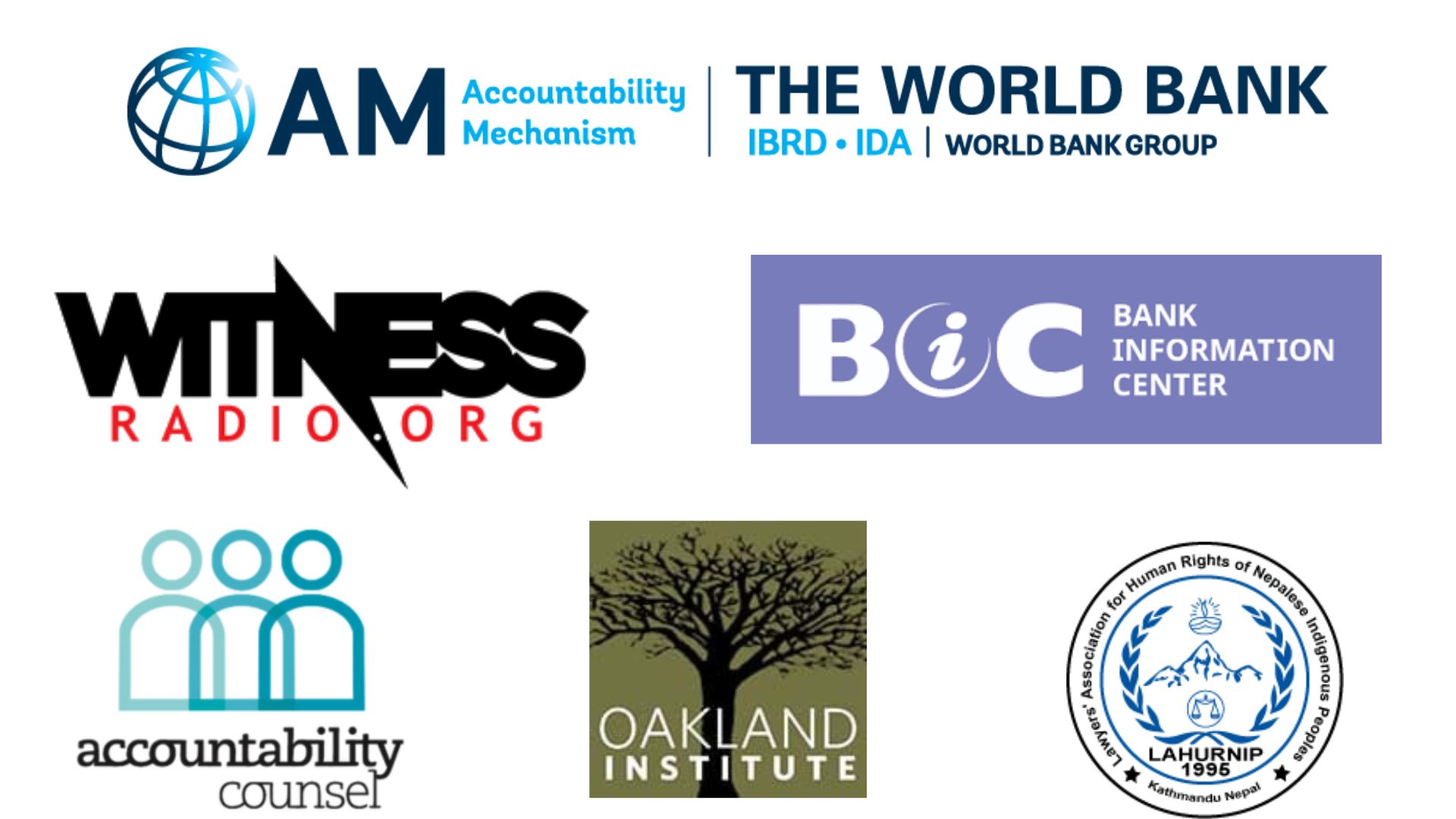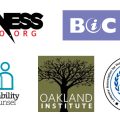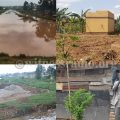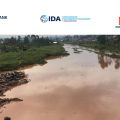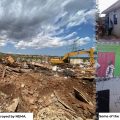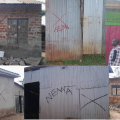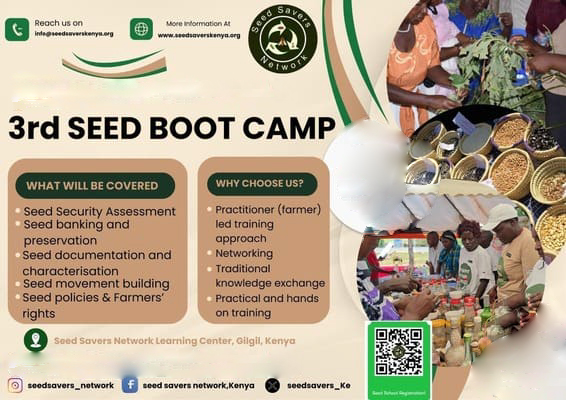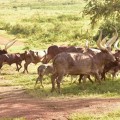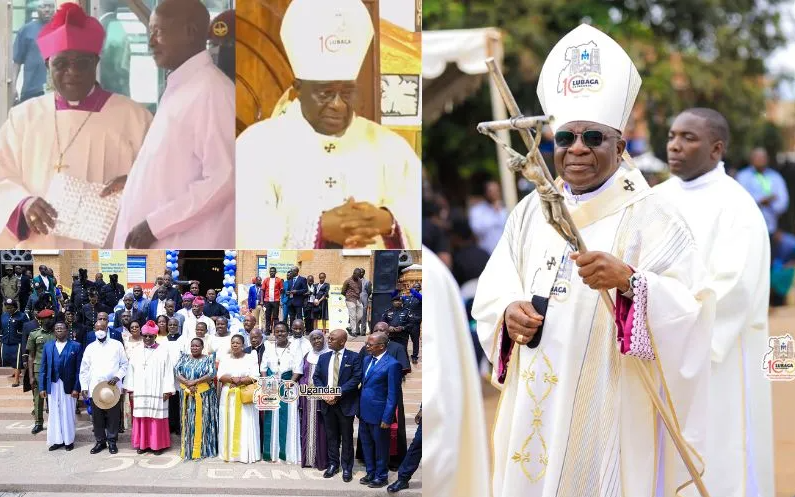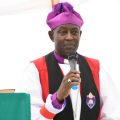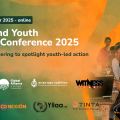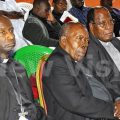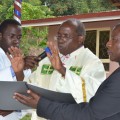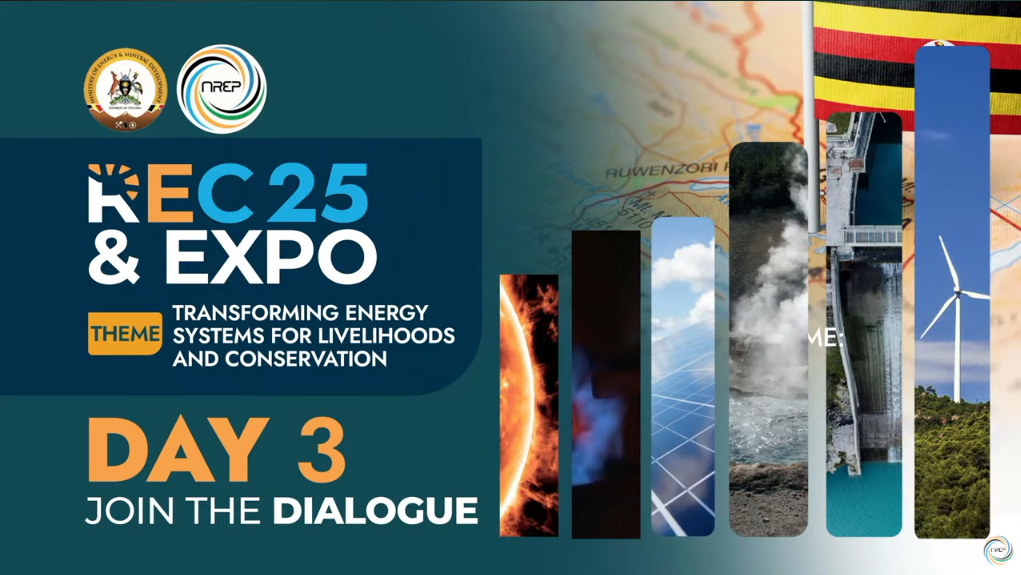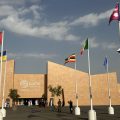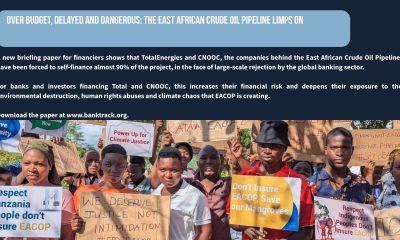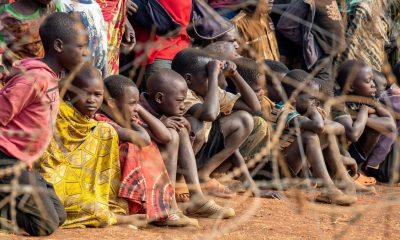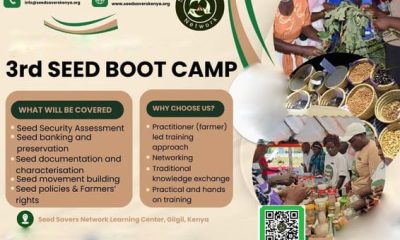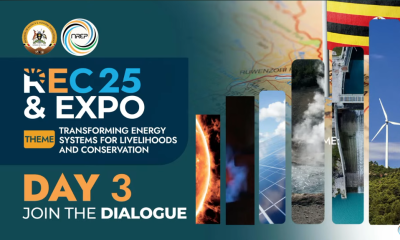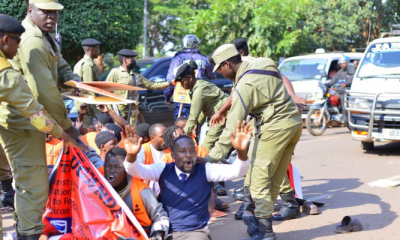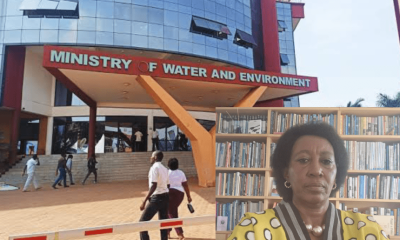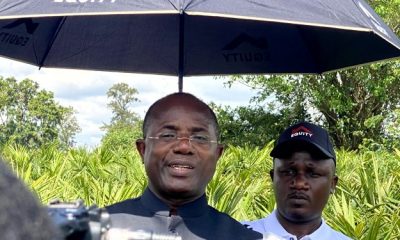By Witness Radio team
In a critical evaluation of the World Bank’s Dispute Resolution Service (DRS) performance, five Civil society organizations (CSOs) from around the world such as Witness Radio Uganda, supported by 12 other CSOs, have highlighted significant flaws in the current system, calling for urgent reforms to help better communities affected by World Bank-funded projects.
This demand comes on the heels of the External Review Team (ERT) recommendations aimed at strengthening the World Bank’s Accountability Mechanism (IAM), which includes the Inspection Panel and the DRS.
According to the World Bank’s website, the World Bank Board of Executive Directors (the Board) commissioned an External Review of the 2018 and 2020 Reforms to the Inspection Panel Toolkit and the Creation of the World Bank Accountability Mechanism. In January 2024, the Board approved the terms of reference (TOR) for the External Review and appointed an independent External Review Team (ERT) to conduct this review.
Last month, the External Review Team produced an independent external Draft Report and Recommendations and sought written feedback on the report from interested external stakeholders.
The CSOs such as Witness Radio, Accountability Counsel, Bank Information Center, Lawyer’s Association for the Human Rights of Nepal’s Indigenous Peoples (LAHURNIP), and Oakland Institute have acted as advisors of communities facing unjust evictions and human rights violations by projects that are funded by the World Bank.
Since the inception of the Dispute Resolution function in 2021, three Dispute Resolution processes have been completed, and one is ongoing. Several communities affected by Bank-funded projects have often complained about how their cases are handled under the DRS. Concerns include the limited time allocated, power imbalances, and other issues, which have prompted the Bank to review the compliance of the DRS system.
Witness Radio and the Accountability Counsel advised a Kawaala community in Uganda on the Second Kampala Institutional and Infrastructure Development Project (KIIDP-2), Lawyer’s Association for the Human Rights of Nepal’s Indigenous Peoples (LAHURNIP) advised the community of Nepal affected by Nepal-India Electricity Transmission and Trade Project and its Additional Financing, the Oakland Institute advised the Tanzanian community of Mbarali District Resilient Natural Resource Management for Tourism and Growth (REGROW) and Santa Cruz Road Corridor Connector Project in Bolivia where Bank Information Center acted as advisors.
In a statement to the External Review Team, the CSOs, which have been instrumental in assisting communities to use the Independent Accountability Mechanisms (IAMs), have stressed the need for meaningful changes to the DRS to ensure that it respects community agency and effectively resolves grievances addressed.
In their analysis, the CSOs acknowledged certain points raised in the ERT’s report based on their experiences with the case-handling process. Some of the praised recommendations by the CSO include extending the dispute resolution period from 18 to 20 months, offering the DR to the requesters only, and a full substantive conclusion report after the DRS concludes monitoring, among others. However, they (CSOS) noted that some gaps in the ERT report remain unaddressed prompting them to offer additional recommendations.
For instance, the CSOs also highlighted the worsening of power imbalances during the dispute resolution process. In cases from Nepal and Uganda, mediators often favored government timelines and directives, undermining the community’s voice.
“To address these issues, the DRS should implement stronger measures to manage power imbalances. This includes continuous consultations with communities, ensuring their concerns and timelines are met. Additionally, mediators should be empowered to take a firmer stance when necessary to prevent one party from dominating the process. The DRS should ensure that no single party can unilaterally determine the scope or direction of a dispute resolution meeting, and mediators should be trained to recognize and mitigate power imbalances actively” the statement reads in part.
Further, dispute resolution processes have sometimes deepened community conflicts rather than resolving them. In Uganda, for instance, the continuation of the DRS process despite the elected representatives’ agreement to terminate it worsened the situation, and in Nepal, the exclusion of certain community members from agreements has led to increased tensions thus, CSOs call for protocols that allow for partial agreement (s) and the option to transfer unresolved issues to the Inspection Panel.
Transparency of DR agreement is another area where the DRS falls short compared to other IAMs. The CSOs urge for clearer reporting on the issues agreed upon and those that are not and for a fair process in deciding the confidentiality of agreements. Additionally, active monitoring of the implementation of the agreement (s) is crucial. The CSOs call for interim monitoring reports to ensure transparency and accountability.
The CSOs have also identified several other issues needing attention in the 24-month review of the DRS, including the selection of mediators, the development of framework agreements, the role of representatives and advisors, communication with parties, and the impacts on local judicial processes.
Read the full statement here. Reflecting on Shortcomings of the World Bank’s Dispute Resolution Service

